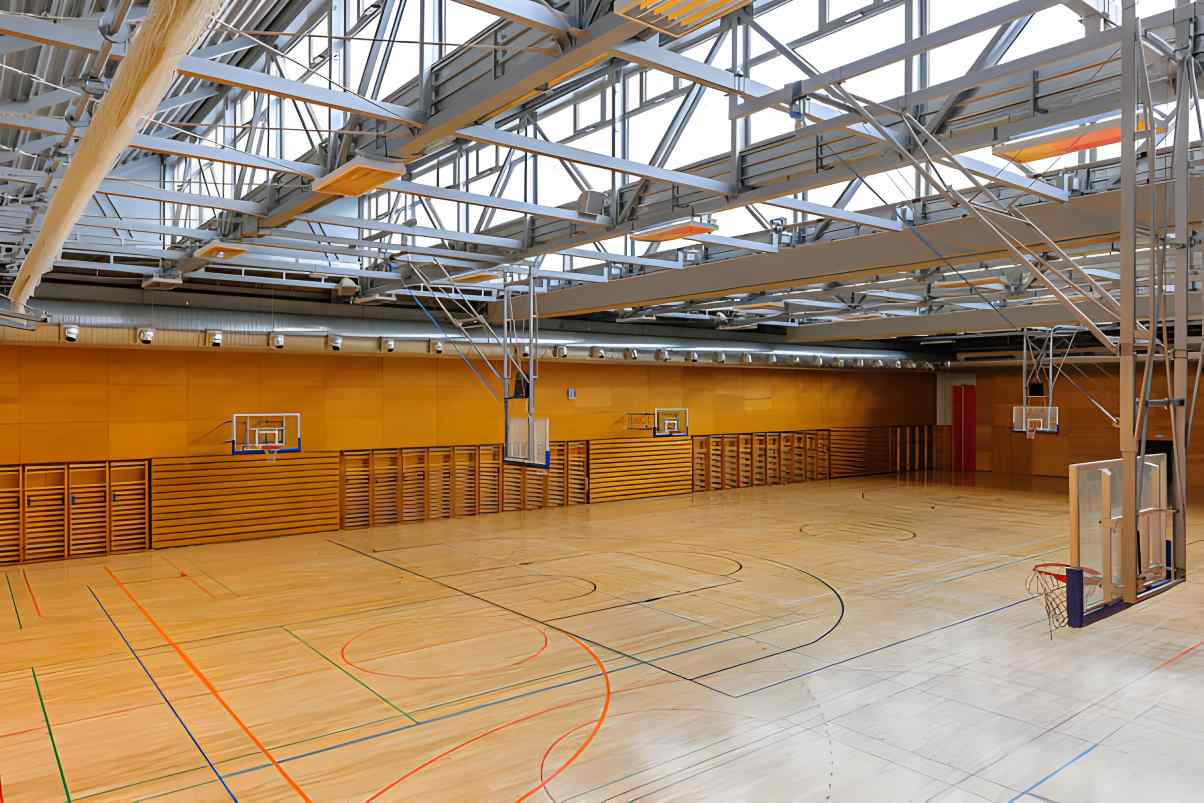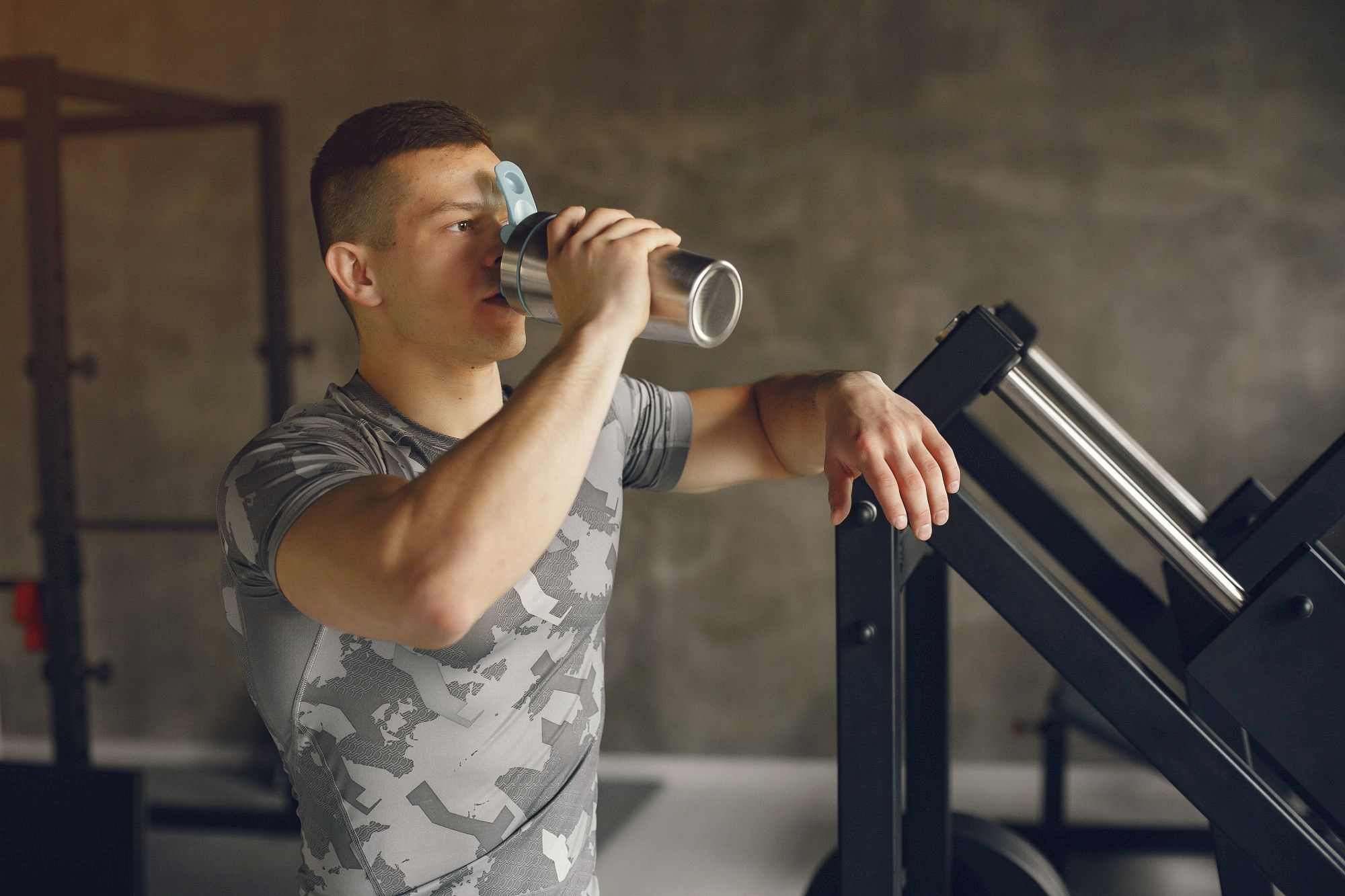Roofing issues can pose significant challenges for sports complex owners and operators. From leaks and structural damage to safety hazards and operational disruptions, neglecting roofing maintenance can have far-reaching consequences.
In this article, we will explore the importance of regular maintenance in preventing roofing issues in sports complexes and provide actionable tips for effective maintenance strategies.
The Importance of Roofing Maintenance in Sports Complexes
Maintaining the integrity of the roofing system is paramount in sports complexes due to the unique demands placed on these structures.
The large spans, often complex designs, and heavy foot traffic associated with sports facilities require robust roofing systems capable of withstanding various environmental factors and wear and tear over time.
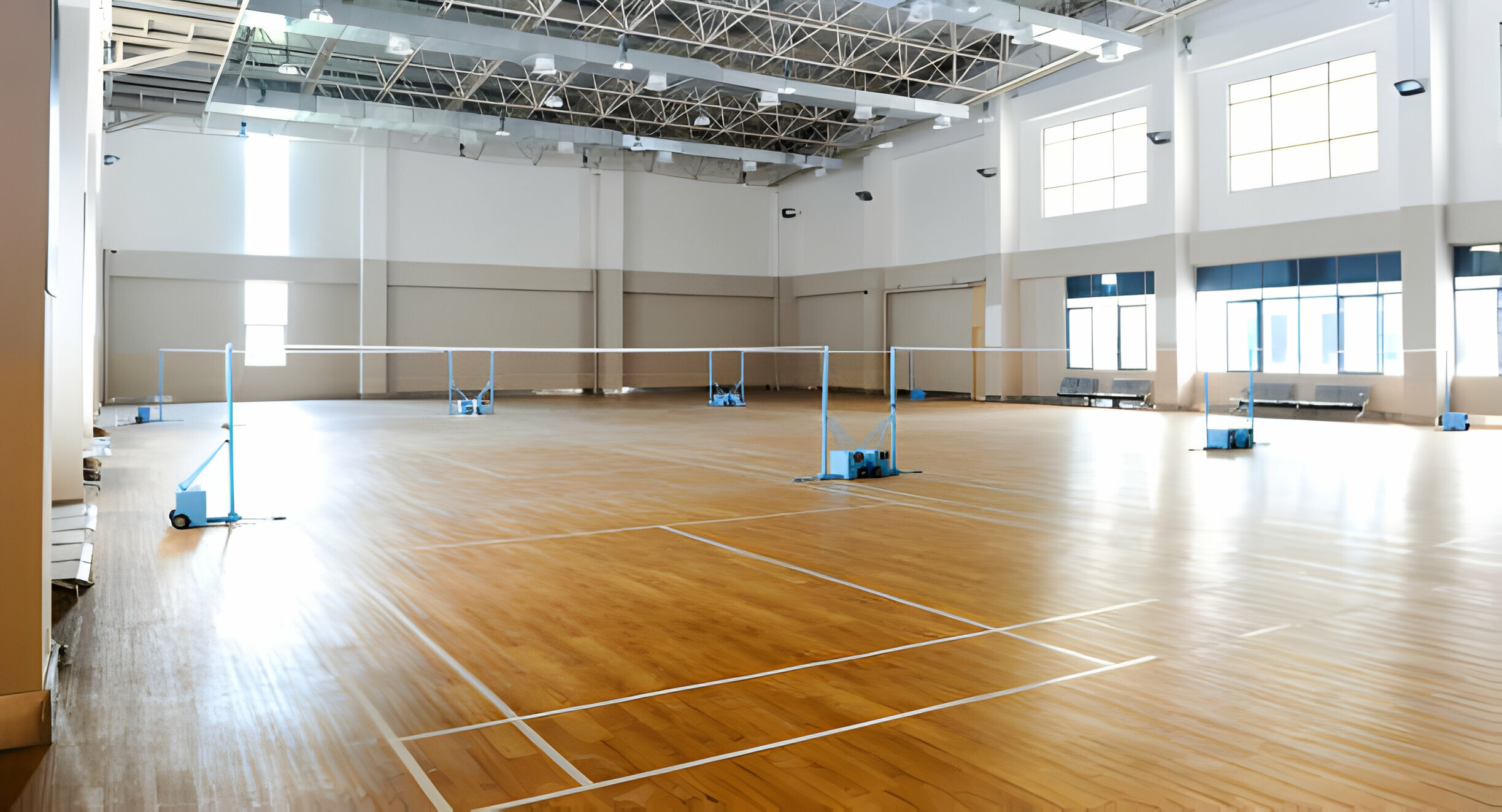
Structural Integrity
Ensuring the structural integrity of the roofing system is paramount in maintaining the safety and longevity of a sports complex. Structural stability forms the foundation of a reliable roof, capable of withstanding the diverse challenges posed by environmental factors and heavy usage.
Assessing Structural Stability
Regular inspections should include a thorough assessment of the roof’s structural integrity. Look for signs of sagging, bowing, or other indications of structural weakness.
Pay special attention to areas where the roof deck meets supporting structures, as these areas are prone to stress and may require reinforcement. You can also hire a commercial roof company for regular inspections to make sure the safety of the sports complex.
Addressing Weaknesses
If structural weaknesses are identified during inspections, it’s crucial to address them promptly. Engage structural engineers or roofing contractors to evaluate the extent of the damage and recommend appropriate repairs or reinforcements.
Ignoring structural issues can lead to catastrophic failures and compromise the safety of the entire sports complex.
Waterproofing and Drainage
Waterproofing and effective drainage systems are integral components of a sports complex roof, crucial for protecting the facility against water damage and maintaining structural integrity.
Inspecting roof drains, gutters, and downspouts regularly is essential to ensure proper water flow and prevent water accumulation on the roof surface.
Inspecting Roof Drains and Gutters
Proper drainage is essential for preventing water damage and prolonging the lifespan of the roofing system. Regularly inspect roof drains, gutters, and downspouts for signs of clogs, damage, or deterioration. Ensure that water can flow freely off the roof to prevent ponding and water infiltration.
Maintaining Waterproof Membranes
Waterproof membranes are critical components of roofing systems, providing an essential barrier against moisture intrusion. Inspect membrane seams, flashings, and penetrations for signs of wear, tears, or separation.
Repair any damaged areas promptly and consider applying protective coatings to enhance durability and waterproofing performance.
Membrane and Surface Maintenance
Membrane and surface maintenance are critical aspects of ensuring the longevity and effectiveness of the roofing system in a sports complex.
The membrane serves as the primary barrier against water infiltration and plays a crucial role in protecting the underlying structure from moisture damage.
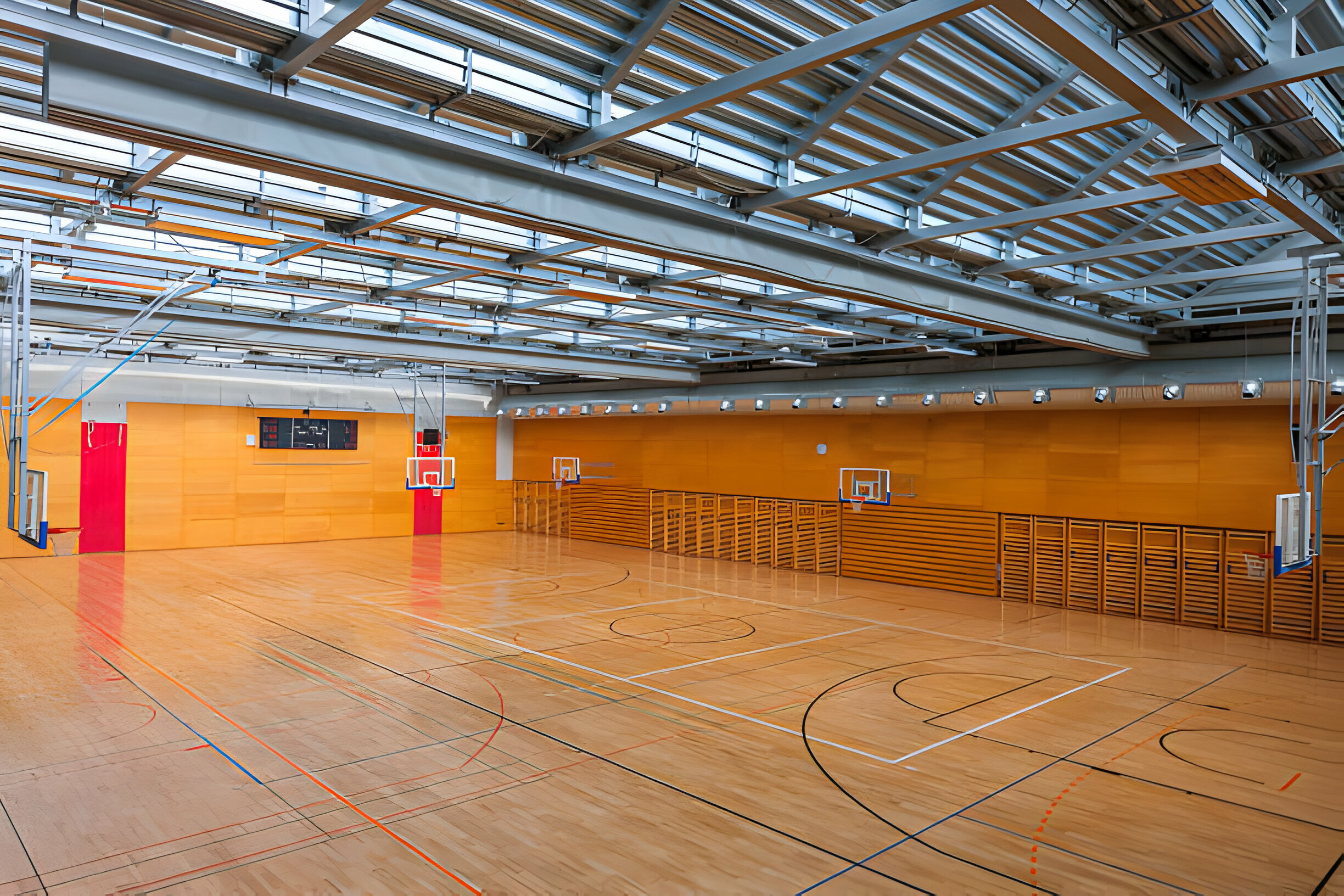
Inspecting for Tears and Punctures
Regularly inspect the roof membrane and surface for tears, punctures, or other signs of damage. These vulnerabilities can compromise the integrity of the roofing system and lead to leaks and water infiltration. Patch or replace damaged membrane sections as needed to maintain a watertight seal.
Cleaning and Treating Roof Surfaces
Dirt, debris, and organic matter can accumulate on the roof surface over time, leading to drainage problems and accelerated deterioration. Schedule regular cleaning and maintenance to remove debris and keep the roof surface clean.
Insulation and Energy Efficiency
Insulation plays a critical role in enhancing energy efficiency and maintaining thermal comfort within a sports complex. Proper insulation helps regulate indoor temperatures, reducing the need for excessive heating or cooling and consequently lowering energy consumption and operational costs.
Evaluating Insulation Performance
Proper insulation is essential for maintaining energy efficiency and thermal comfort within the sports complex. Inspect insulation materials for signs of damage, compression, or deterioration.
Ensure that insulation levels meet or exceed building code requirements, and consider upgrading insulation where necessary to improve energy efficiency.
Implementing Energy-Saving Measures
In addition to insulation, sports complex owners can implement various energy-saving measures to reduce energy consumption and operating costs.
These may include installing reflective roofing materials, improving ventilation and airflow, and upgrading lighting systems to energy-efficient LEDs. Consult with energy auditors or roofing contractors to identify opportunities for energy savings and implement cost-effective solutions.
Regular Inspections
Regular inspections are the cornerstone of an effective roofing maintenance program for sports complexes. These inspections should be conducted at scheduled intervals, with frequencies determined based on factors such as weather conditions, roof age, and previous maintenance history.
Establishing Inspection Frequencies
Develop a schedule for regular roof inspections based on factors such as weather conditions, roof age, and previous maintenance history.
Consider conducting visual inspections quarterly and more comprehensive inspections annually or biannually. Document inspection findings and track trends over time to identify emerging issues and prioritize maintenance needs.
Engaging Professional Roofing Contractors
While in-house staff can perform routine inspections and maintenance tasks, engaging professional roofing contractors is essential for comprehensive inspections, specialized repairs, and long-term maintenance planning.
Experienced contractors can provide valuable expertise, identify potential issues early on, and recommend cost-effective solutions to prolong the lifespan of your sports complex roof.
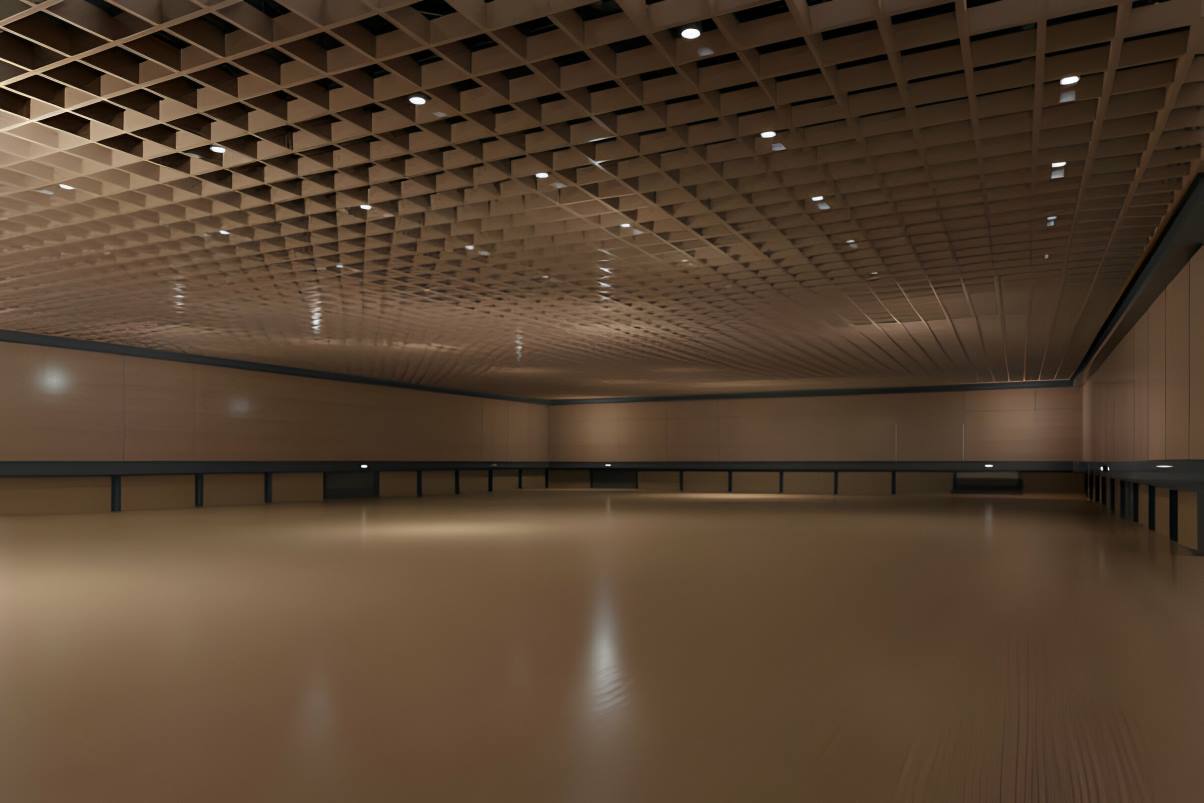
Conclusion
Maintaining the integrity of the roofing system is vital for ensuring the safety, functionality, and longevity of sports complexes. By implementing proactive maintenance strategies, including regular inspections, routine maintenance tasks, and contingency planning, sports complex owners and operators can prevent roofing issues, minimize operational disruptions, and safeguard the well-being of athletes and spectators alike.
